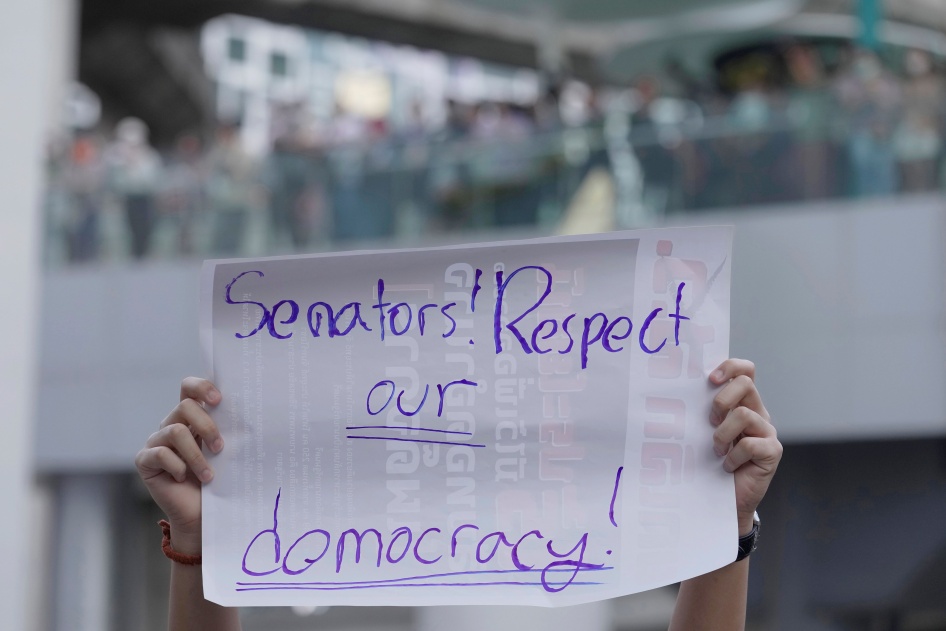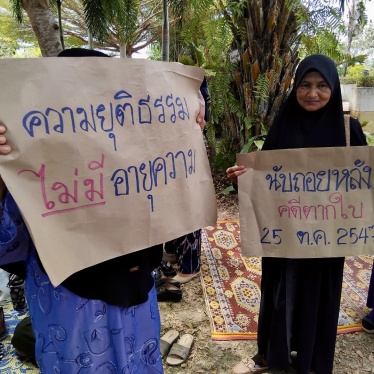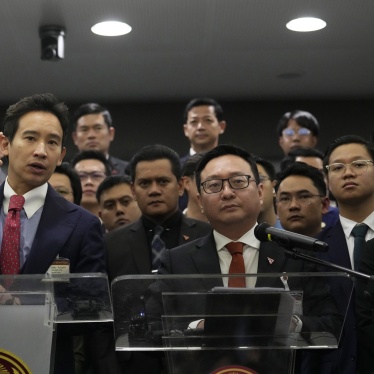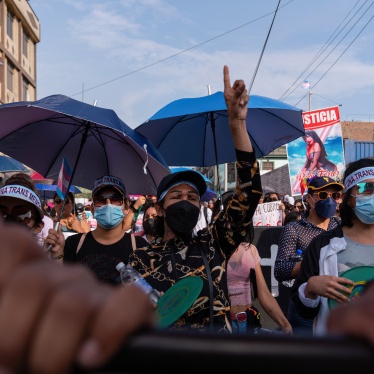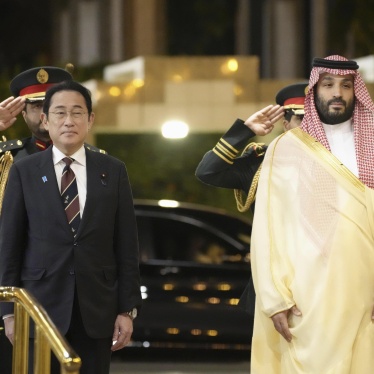Thailand’s Senate election slated for June will not undo the legacy of military rule but will obstruct the restoration of democratic rule.
The current Senate, appointed by the military junta in power from 2014 to 2019, expires on May 11. The Election Commission is now setting up regulations and procedures to elect 200 new senators from 20 social and professional groups, with 10 members from each group. They serve five-year terms.
Senate election is not decided by universal suffrage, only those who run for a seat can vote. The 2,500 baht (US$68) application fee, seven times Thailand’s minimum daily wage, is the first barrier to a broad-based and inclusive process. Candidates must be at least 40 years old, effectively disenfranchising young Thais who have vocally demanded political reforms in recent years. Members of political parties and public servants are barred from running –and thus voting.
Candidates cannot talk about policies or their plans if elected. The Election Commission only permits them to present a short, two-page resume explaining their background. Candidates are not allowed to use social media to reach out to a wider audience. The website Senate 67, created by a coalition of civil society groups, had to remove campaign information of some 1,000 prospective candidates after warnings from the Election Commission.
In the so-called “intra-group election” system, candidates cast votes among themselves within the same social and professional group. The top five then proceed to the second round where they vote for candidates from other groups. This process begins at the district level and continues at the provincial and then national level, with the winners at each level advancing to the next step. At the national level, the 10 candidates who receive the most votes from each social and professional group become the new senators.
Last year, the junta-appointed senators blocked the reformist Move Forward Party from forming a government despite winning the largest number of seats in the lower house of parliament. Although the new senators no longer vote for the prime minister, they still control the endorsement of office holders in key agencies – such as the Election Commission, the National Anti-Corruption Commission, and the Constitutional Court – which play critical roles in dissolving political parties and disqualifying parliamentarians. The Senate also retains the power to approve constitutional amendments.
For those seeking reform, Thailand’s Senate election is unlikely to bring it. The constitutional and legal frameworks that the military junta put in place all but ensure the election will maintain an oppressive status quo.

